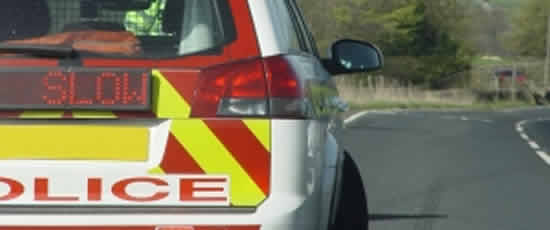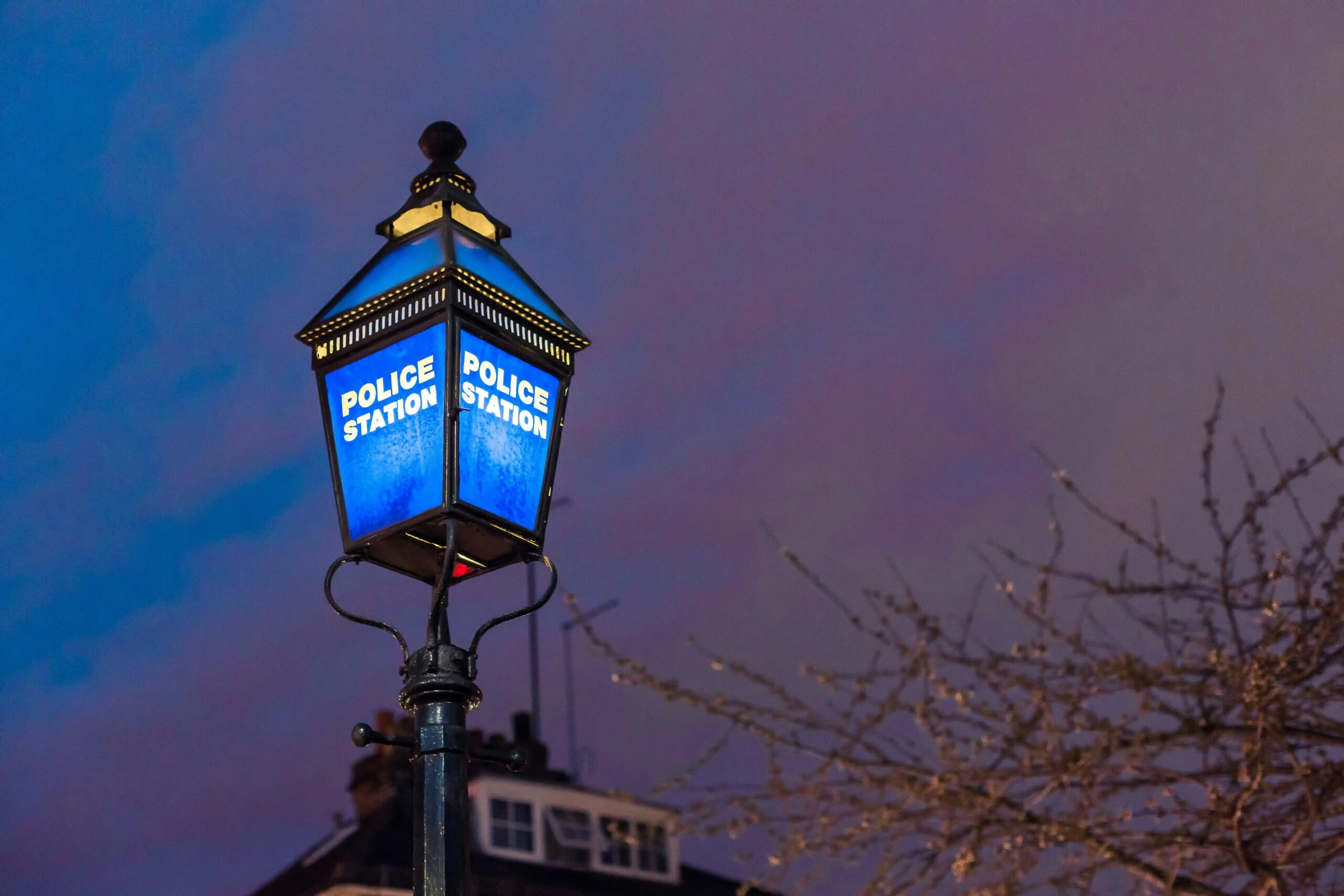Simple cautions to be scrapped
Secretary of State for Justice, Chris Grayling, has announced the scrapping of simple cautions for criminals who commit serious offences.
The so called ‘Simple’ cautions are used by the police to deal with people who commit an offence and admit their guilt and when specified criteria are met. They do not involve any form of punishment or rehabilitation and the criminal does not have to go to court.
Mr Grayling stated that the Government will:
- ban ‘simple’ cautions for all of the indictable only offences – the most serious criminal offences which must be tried in the Crown Court including rape, manslaughter and robbery;
- ban ‘simple’ cautions for possession of any offensive weapon (including a knife), supplying Class A drugs and a range of sexual offences against children, including child prostitution and pornography; and
- review the use of all out of court disposals for adults – including cannabis warnings, conditional cautions, penalty notices for disorder (PND), restorative solutions – by the police.
He went on to say:
‘Last year nearly 500 offenders who admitted committing some of the most serious crimes escaped with just a slap on the wrist. Quite simply this is unacceptable and unfair on victims. That is why I am scrapping simple cautions for all of the most serious offences and a range of other offences that devastate lives and tear apart communities.
‘Alongside this, the Home Secretary and I are launching a review into the use of all out of court disposals – their use can be inconsistent, confusing and something the public, and victims, have little confidence in.
The police guidance will be amended so that ‘simple’ cautions are no longer available for any indictable only offences and selection of other offences – possession of any offensive weapon, supplying or procuring Class A drugs, child prostitution and pornography, and possession or supply of indecent photographs of children.
In the most exceptional circumstances only a simple caution can be given but it must be signed off by a senior police officer – not below a Superintendent rank for indictable only offences. Under the current system a ‘simple’ caution can be signed off by a Sergeant rank (although the CPS must be consulted when giving a caution for an indictable only offence).
Alongside this he announced the Government will review the use of all out of court disposals for adults.
At present there are a range of types used by the police to deal with crimes out of court – these include Penalty Notices for Disorder (PNDs), Cannabis Warnings and Conditional Cautions. The review will launch in the autumn and any changes to legislation will be brought forwards following the consultation. The review will be conducted in conjunction with the Home Office and the Attorney General’s Office and will closely involve the police, Crown Prosecution Service, victim’s organisations, the magistracy and the judiciary, as well as the wider legal community.



